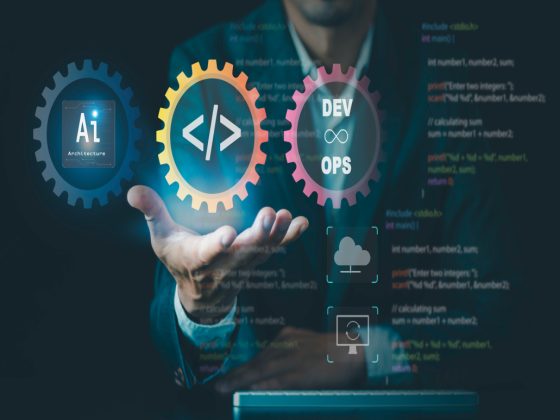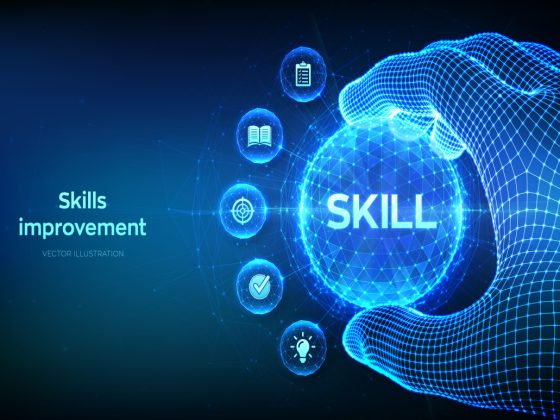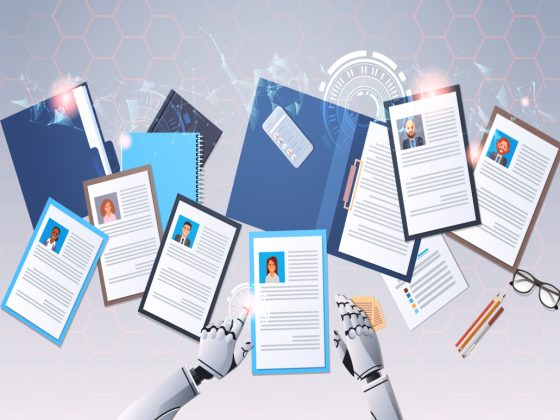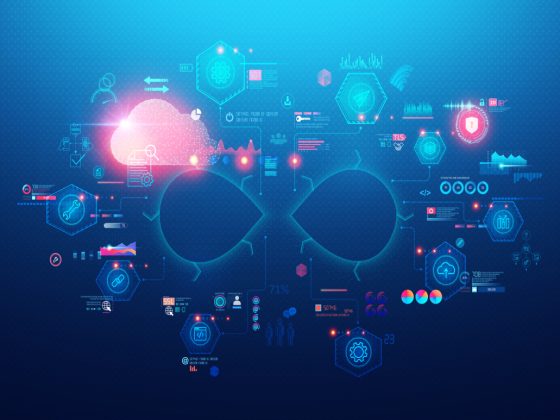AI and the Future Job Market: Key Skills to Know
Introduction
The impact of artificial intelligence (AI) on the job market is undeniable, with the technology redefining how industries function and the skills workers need to stay relevant. In a world where AI applications are becoming increasingly mainstream, from automation in manufacturing to data analysis in finance, professionals are adapting to this shift by upskilling in areas uniquely suited for collaboration with intelligent machines. In this article, we’ll explore the essential skills required to thrive in the future job market shaped by AI and how workers can prepare for an evolving landscape.
The Rise of AI in the Workforce
AI is influencing nearly every sector, introducing significant changes to roles that were previously considered stable. Industries such as healthcare, finance, manufacturing, and technology have seen some of the most substantial transformations. According to a report by the World Economic Forum, AI is expected to displace certain jobs while creating opportunities in areas requiring complex problem-solving and creativity.
Although AI can handle repetitive tasks more efficiently, human skills remain invaluable in areas such as decision-making, ethics, and creative problem-solving. The key is not to view AI as a competitor but as a tool that complements human abilities. This approach underscores the importance of acquiring skills that AI cannot easily replicate, allowing individuals to remain indispensable.
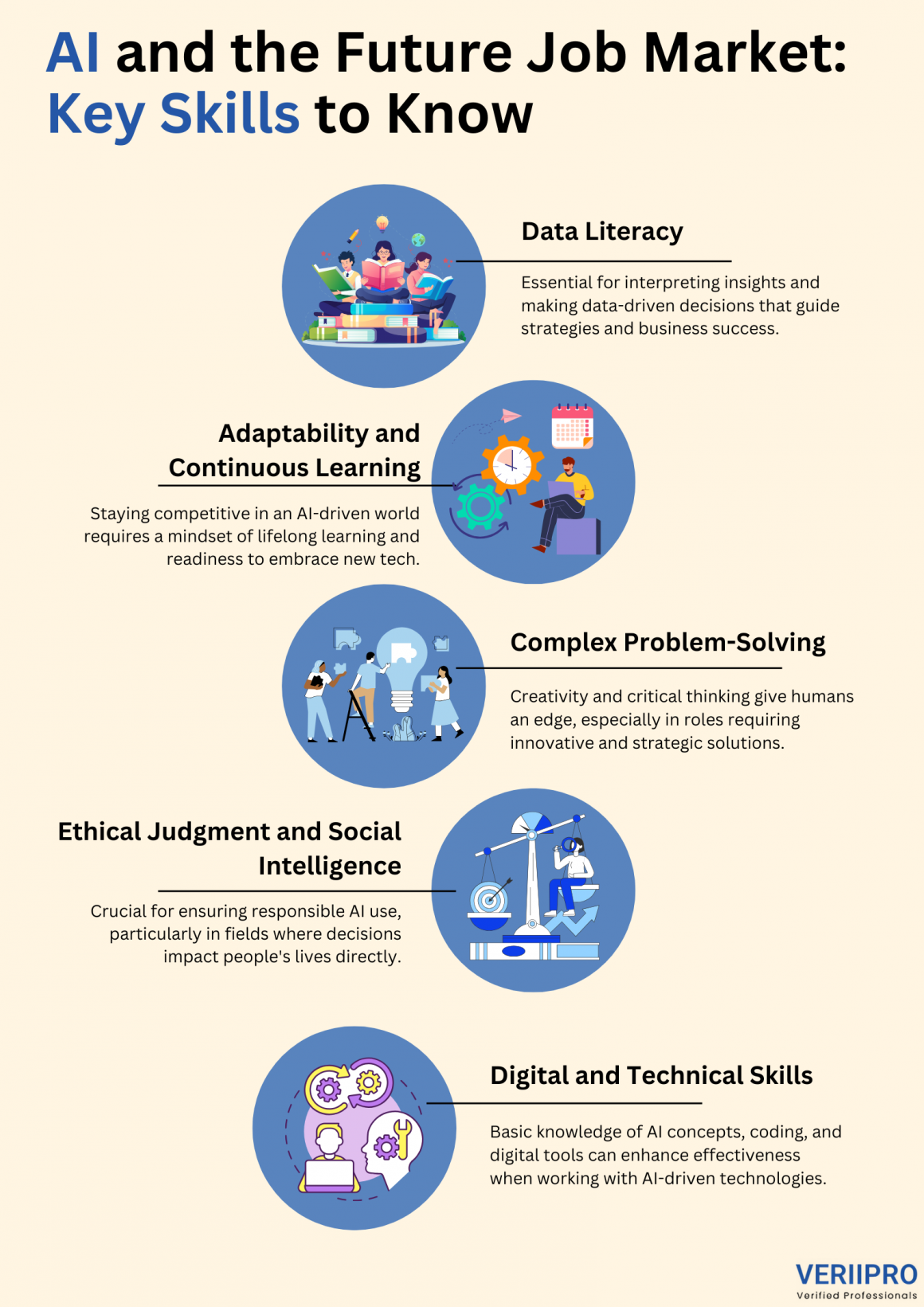
Key Skills to Develop for the AI-Powered Job Market
1. Data Literacy
Data is at the heart of AI, making data literacy an essential skill for nearly any role. Understanding data trends, reading data visualizations, and making data-driven decisions are increasingly becoming must-have skills across industries. With data literacy, employees can better interpret and communicate insights, which can influence strategic decisions. Courses in data analysis, available on platforms like Coursera and edX, provide a solid foundation for those looking to upskill in this area.
2. Adaptability and Continuous Learning
The rapid pace of AI development demands that professionals keep their skills current. Adaptability and a commitment to lifelong learning are qualities that help individuals stay competitive as roles evolve. Companies are increasingly favoring candidates who demonstrate a willingness to learn and adapt to new technologies. Learning platforms such as LinkedIn Learning and Khan Academy offer various resources for those committed to ongoing education in emerging tech.
3. Complex Problem-Solving
While AI excels at data-driven tasks, it still struggles with tasks that require contextual understanding and abstract thinking. Complex problem-solving requires creativity and critical thinking, two human skills that remain difficult for machines to replicate. Professionals who can approach challenges from unique perspectives are valuable assets in fields like R&D and business strategy, where innovation is key.
4. Ethical Judgment and Social Intelligence
As AI systems become more advanced, there is an increasing demand for professionals skilled in ethical judgment and social intelligence. Understanding the ethical implications of AI applications is crucial, especially in sectors like finance and healthcare where AI affects people’s lives directly. Knowledge of ethics combined with strong interpersonal skills enables professionals to make decisions that consider both the business and societal impact, ensuring responsible AI use.
5. Digital and Technical Skills
While not everyone needs to be an AI expert, having a baseline understanding of AI concepts and related technologies—such as machine learning and natural language processing—is valuable. Digital literacy and technical skills help individuals work alongside AI tools more effectively, even if their role is not technically oriented. Basic coding, familiarity with AI applications, and understanding cloud computing are foundational skills that boost employability in an AI-driven world.
Why Upskilling Is Essential
The need for upskilling is no longer optional but essential for those wanting to stay relevant. According to a McKinsey report, the demand for skills associated with AI, including programming, data analysis, and technical acumen, is rapidly rising. Workers who proactively acquire these competencies will be well-positioned to take advantage of new job opportunities created by AI’s growing influence.
Preparing for an AI-Powered Career
For those entering the job market, there are numerous resources to help develop the essential skills listed above. Many universities, online learning platforms, and private institutions offer courses tailored to developing AI-ready skills. Employers are also starting to prioritize reskilling programs, recognizing that investing in employee development is beneficial for long-term success.
Conclusion
As AI continues to evolve so will the job market. The best way to remain valuable in this shifting landscape is by acquiring and refining skills that AI cannot replicate, such as critical thinking, adaptability, and ethical decision-making. By focusing on these areas, professionals can not only secure their place in the workforce but also thrive alongside AI.
Looking for opportunities in the tech and AI field? VeriiPro is here to help!


